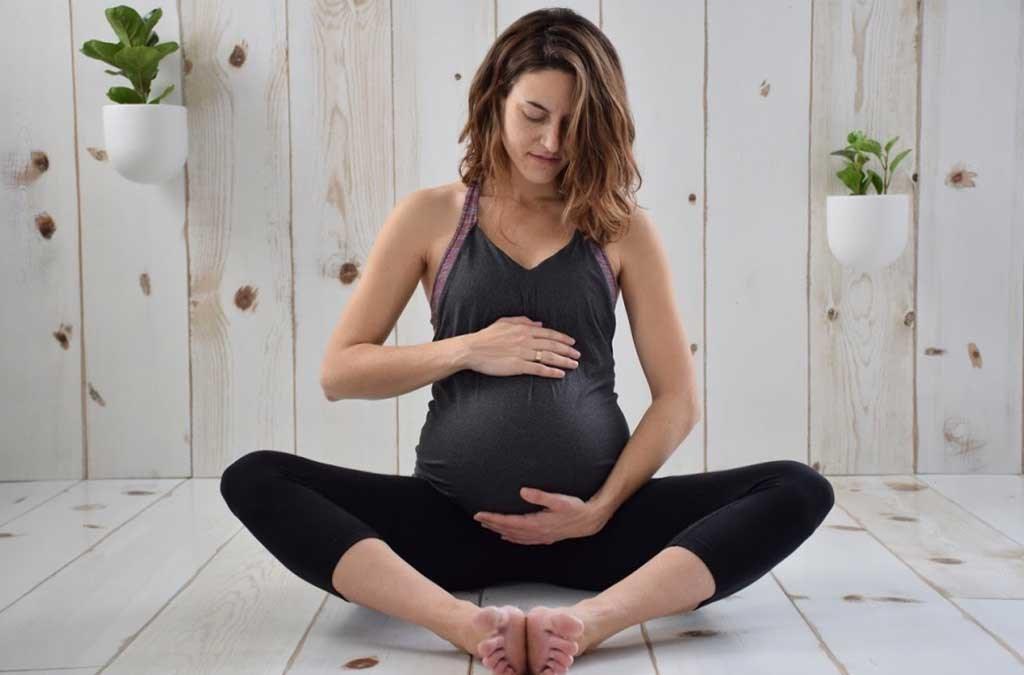
1 minute read
Balancing safe yoga practice during pregnancy
Yoga Moment with Heidi Pfleger

Advertisement
Whether you are a seasoned Yogi or someone who has never spent time on the mat, practicing yoga while pregnant can be good for both you and your baby.
I spent a great deal of time on the mat when I was pregnant 28 years ago and I can still recall how amazing I felt during my pregnancy. I know, without question, that my good health and well-being during that time was primarily due to my regular practice of yoga Maintaining a sense of calm and supporting my body as it went through its many changes were the main benefits of practicing while pregnant.
I have since worked with hundreds of expecting mothers who have also enjoyed the many benefits that yoga has to offer. The general stretching and movement in yoga helps increase blood flow to your heart which, in turn, brings more oxygen-rich blood to your baby. When practiced safely and mindfully, prenatal yoga can help to improve your sleep as well as increase your strength and flexibility. It can also help to reduce lower back pain and nausea.
Prenatal yoga classes aren’t always available so a regular class might be your only option. They can be just as beneficial, provided you let your teachers know that you are expecting
They will be able to show variations to poses that are more suitable for you as you go through the various changes in your body The key is to listen to your body and communicate to your teacher which poses are and aren’t working for you.
Many of the breathing techniques will serve you well during your pregnancy and when giving birth. As your baby develops and grows, your diaphragm becomes more elevated and the need for oxygen increases. Practicing deep inhalations through the nose and exhalations through the mouth is a great way to increase the flow of oxygen during your pregnancy as well as prepare you for delivery day. The practice of mindful breathing will also help you to stay focussed on the present moment and support you in staying calm.
One thing to keep in mind when exploring the many breathing techniques is to avoid all practices that involves breath retention. Holding the breath is not recommended during pregnancy as it interrupts the flow of oxygen to you and your baby
The same applies to practices that involve sitting in absence of breath. While these can be powerful practices, they are not suitable for you or your baby. It is far better to breathe at a slow and rhythmic pace as this will activate your nervous system and block cortisol which is linked to depression and anxiety when present in high amounts.
Continued on page 24








